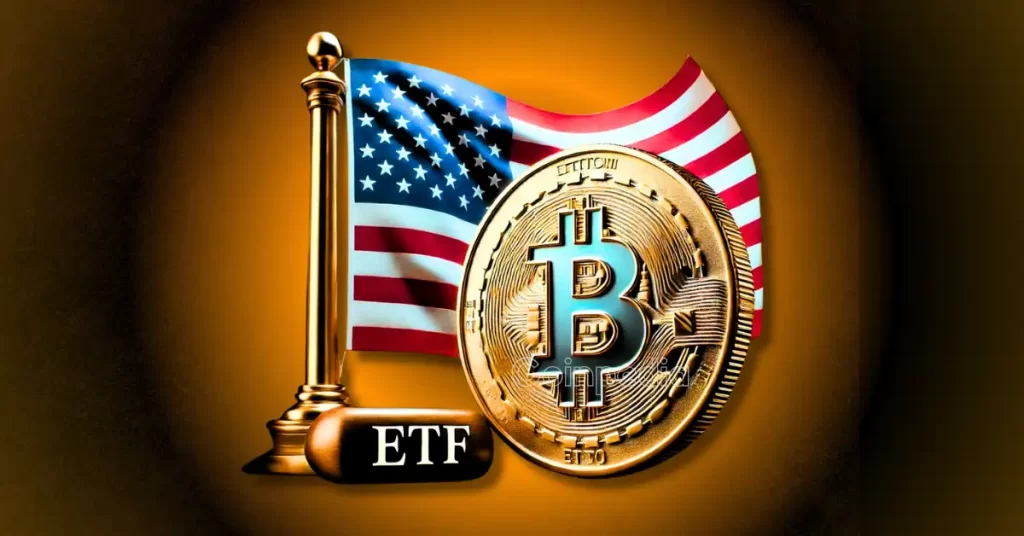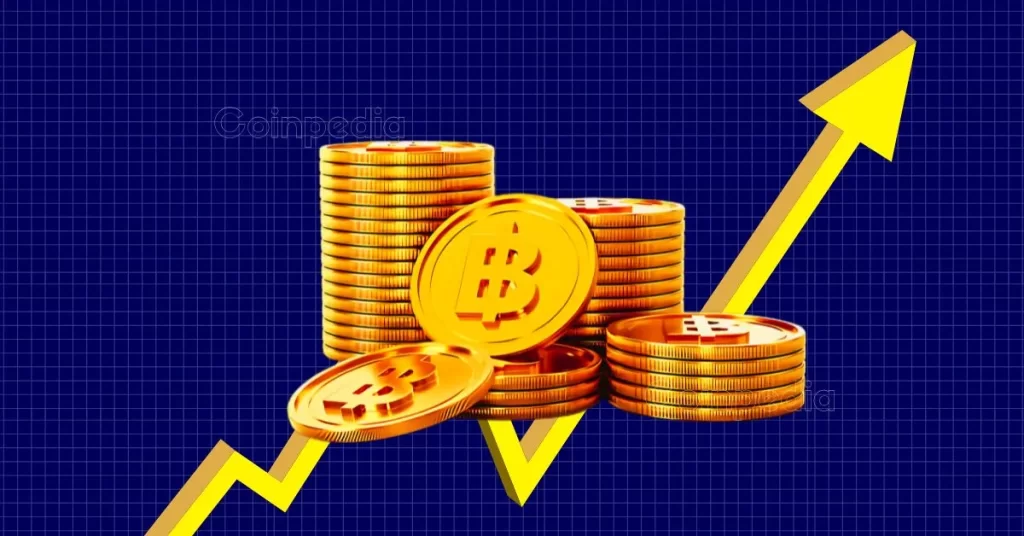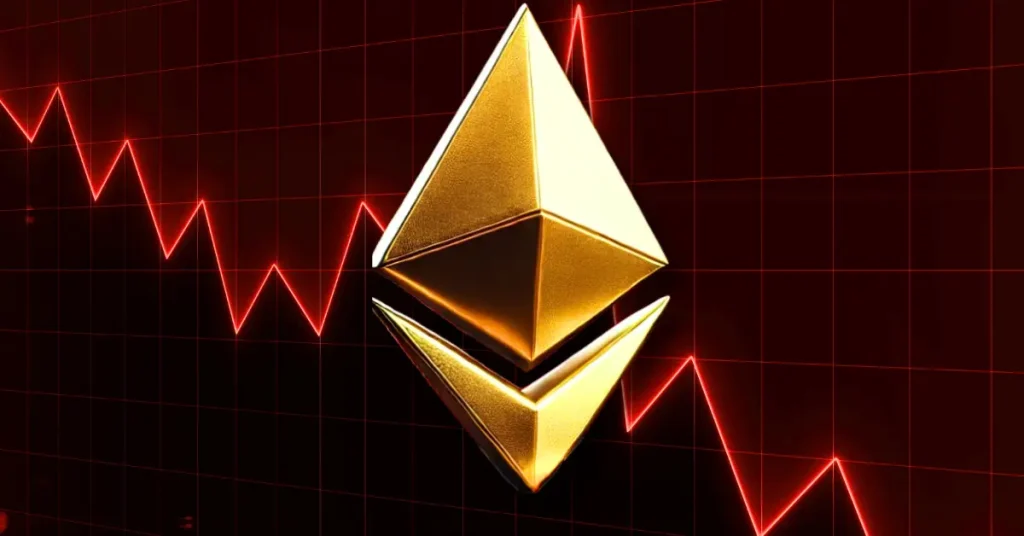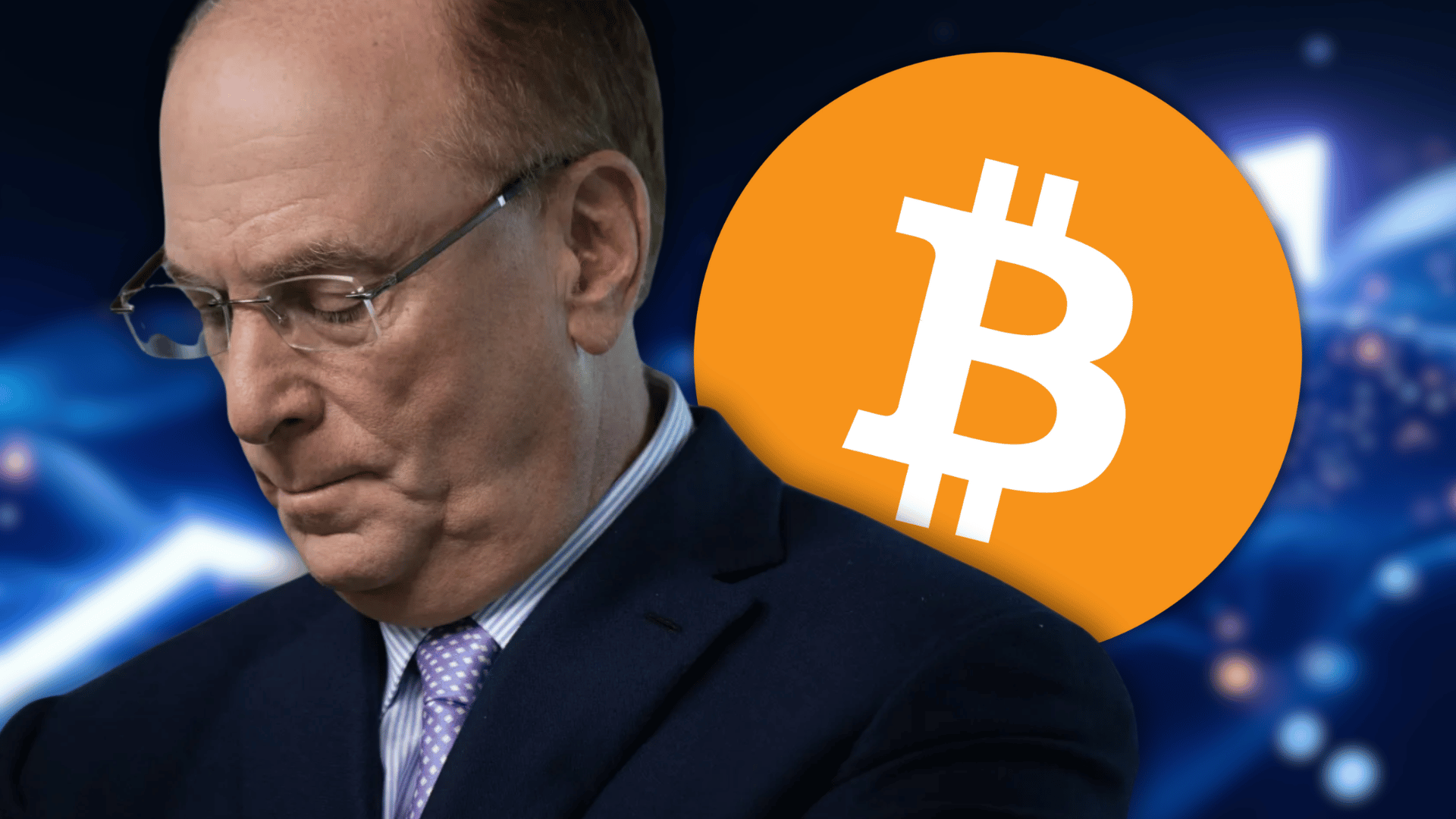
The post Bitcoin ETFs Face $100M Outflows as Markets Plunge Following Trump’s Tariff Shock appeared first on Coinpedia Fintech News
On Thursday, U.S. spot Bitcoin ETFs faced $99.86 million in net outflows as the stock market slumped following Trump’s tariff announcement. Grayscale’s GBTC was hit the hardest with $60.2 million leaving, followed by Bitwise BITB with $44.19 million and Fidelity FBTC with $23.27 million. Other ETFs like Ark’s ARKB, VanEck’s HODL, and WisdomTree’s BTCW also saw significant outflows.
BlackRock, The Only Gainer
However, BlackRock’s IBIT, the biggest Bitcoin ETF, was the only one to gain with $65.25 million in inflows, showing some investors still trust Bitcoin despite the market chaos.
Notably, the thursday’s $99.86 million in outflows flipped the previous day’s $220.76 million inflow. The market drop came after President Trump announced a 10% tariff on imports, with some countries facing tariffs over 50%, shaking investor confidence.
U.S. stocks plummeted after the news, with the Nasdaq dropping 6%, the S&P 500 falling 4.8%, and the Dow slipping 3.9%. Crypto markets weren’t spared—Bitcoin fell over 6% in reaction. U.S. spot Ether ETFs also saw $3.59 million in outflows on Thursday, following a $51.24 million drop the day before. This marks its third consecutive day of outflows.
The crypto market is facing a key turning point, influenced by global economic challenges and shifting institutional views. Bitcoin is currently trading at $84,472, up over 1% in the past day.
Analysts say Bitcoin’s drop from Thursday’s peak of $88,500 reflects growing investor caution after President Trump’s tariff announcement. The crypto market remains under pressure, reflecting broader economic uncertainty.
Bitcoin ETF Withdrawals Signal Cooling Risk Appetite
According to market analysts, large withdrawals from Bitcoin ETFs suggest a cooling of risk appetite, indicating that investors are becoming more cautious. Experts believe that a significant macroeconomic event is needed to trigger a sustained market recovery.
Besides, the rising Implied Volatility (IV) signals expectations of larger price swings. With key economic events ahead, this could lead to increased volatility, creating chances for strategies that profit from price changes.
Meanwhile, Alankar Saxena, Co-founder and CTO of Mudrex, noted that developments like the STABLE Act, which promotes stablecoin transparency, and the Senate Banking Committee’s support for Paul Atkins’ nomination are creating a more crypto-friendly environment.

 1 day ago
52
1 day ago
52









 English (US) ·
English (US) ·